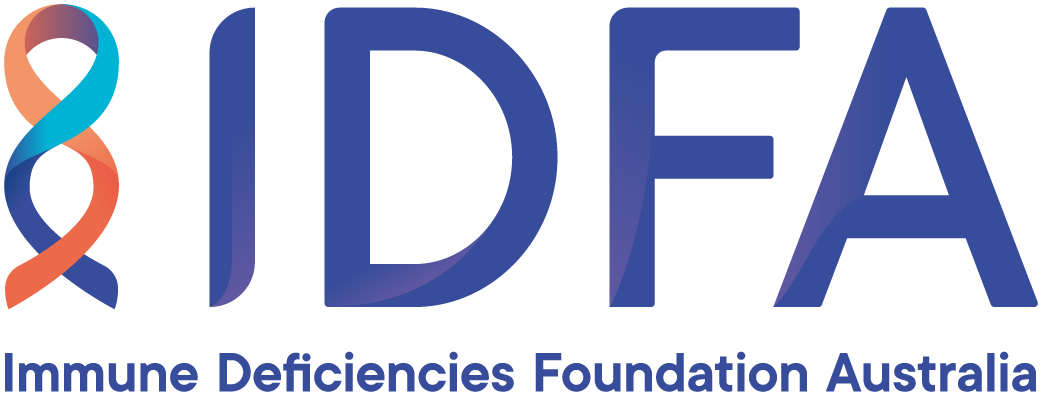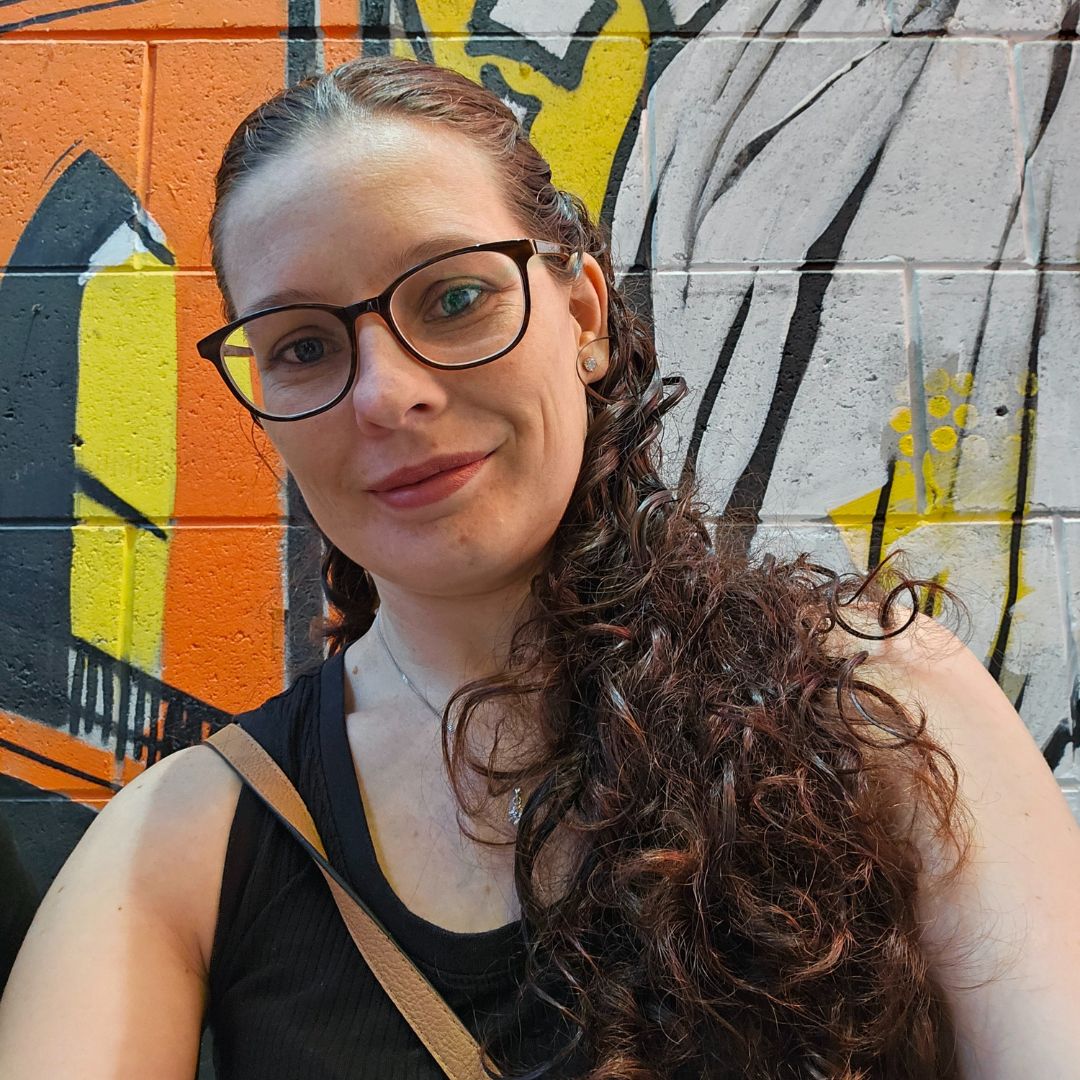Her son’s health challenges began early. From infancy, he experienced frequent infections, allergic reactions, and skin flare-ups that defied easy explanation. His immune markers, particularly IGG, had been abnormal since he was a baby, but the full picture only started to emerge when a rheumatology referral for a suspected connective tissue disorder led to immunology involvement. A long-awaited diagnosis of hypogammaglobulinemia followed, offering some clarity but no simple path forward.
His care remains ongoing. He takes prophylactic antibiotics and is supported by a team of specialists to manage overlapping health needs, including autism, ADHD, and Eosinophilic Esophagitis (EOE). Daily life revolves around visual schedules, regular therapies, and careful health monitoring—particularly during the winter months when illness risk spikes and school absences become more frequent.
Balancing these requirements with a demanding career as a paediatric intensive care nurse is no small feat. Working near full-time in shift-based care while managing her son’s medical needs has required extraordinary commitment and emotional stamina. Days off are rarely restful, often filled with medical appointments and advocacy work.
Financial strain adds an additional layer of pressure. His ongoing allergy immunotherapy, which is not covered by Medicare, costs hundreds of dollars per treatment cycle. On top of that are frequent GP visits and specialist appointments, many of which are not bulk-billed.
Despite the difficulties, Shaya continues to adapt. She and her partner share responsibilities where possible—coordinating appointments, therapies, and the emotional labour that comes with chronic care. Routines are built not only for stability but also for their son’s comfort and understanding. Treatments are reframed as moments of empowerment, supported with small rituals like toy car rewards and vibrating ice packs that ease the sting of procedures.
He is also learning to advocate for himself. Through support from his family and psychologist, he’s building an understanding of his condition and developing the language to express how he feels on the hard days. It’s a quiet, but meaningful, kind of progress.
Shaya finds small moments to recharge—usually early in the day, with a hot coffee and a few quiet minutes before the next demand. Those brief pauses have become a form of care in themselves.
What has helped most is connection—with a strong support network of friends, a flexible partner, and the broader IDFA community. Discovering IDFA offered a sense of reassurance and shared understanding that has made the journey feel less isolating.
Her experience as a carer has reshaped how she sees the world. It has deepened her empathy, sharpened her advocacy skills, and taught her the value of intuition—especially when navigating a medical system that doesn’t always offer clear answers.
Her journey isn’t just about managing illness—it’s about resilience, persistence, and finding joy in small victories. It’s about showing up, every day, for someone you love deeply—and doing so even when no one else sees how much it takes.
For others who find themselves at the beginning of a similar journey, her message is simple: You don’t have to do it alone. Find your people. Trust your instincts. The path may be uncertain, but with support, you can walk it with strength.

